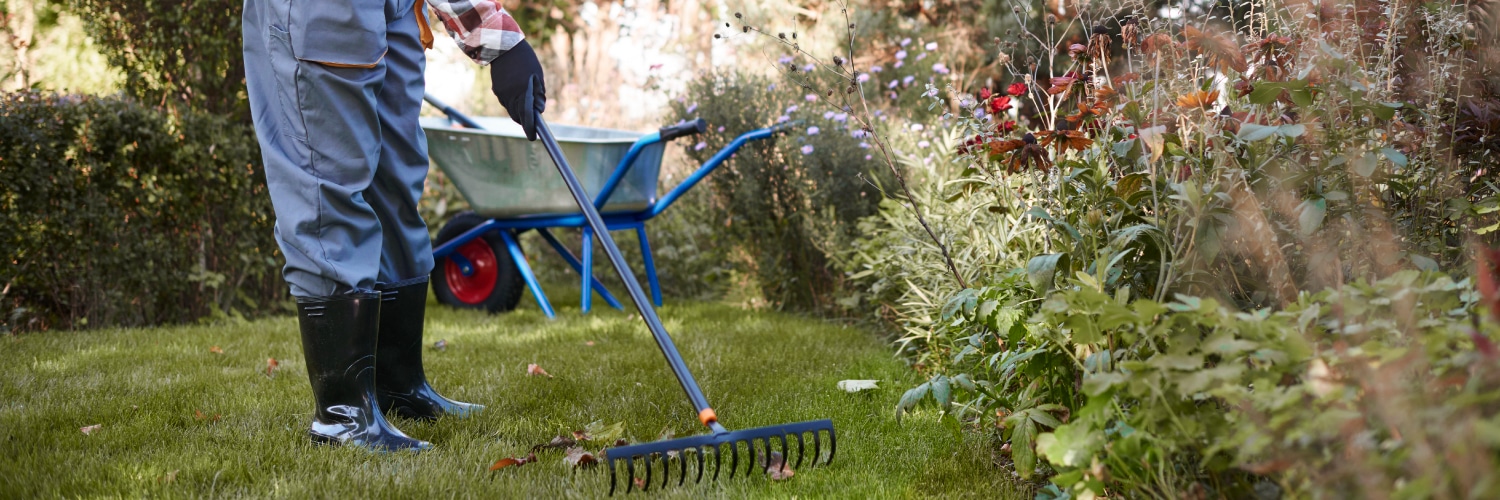Rat-Proofing Your Garden: Why It’s Essential
Rats can cause significant problems for gardeners, and understanding the importance of keeping them out is crucial. When rats infest a garden, they can transmit diseases, damage crops, and even cause property damage. For instance, rats can carry leptospirosis, hantavirus, and rat-bite fever, which can be transmitted to humans and pets. Moreover, they can damage crops, leading to financial losses for gardeners and farmers. Rats can also gnaw on materials like wood, plastic, and insulation, causing significant property damage. To avoid these problems, it’s essential to learn how to keep rats out of your garden. By taking proactive measures, you can prevent rat infestations and enjoy a healthy, thriving garden.
Understanding Rat Behavior: Identifying Attractants and Entry Points
To effectively keep rats out of your garden, it’s essential to understand what attracts them in the first place. Rats are drawn to gardens that provide a reliable source of food, shelter, and water. They are opportunistic omnivores, which means they’ll eat almost anything, including fruits, vegetables, nuts, and seeds. Additionally, rats need shelter to hide from predators and protect themselves from the elements. They often find shelter in piles of debris, woodpiles, and other hidden areas. Water is also a crucial attractant, as rats need it to survive. Leaky faucets, pet water dishes, and clogged drains can all provide a source of water for rats. By identifying and removing these attractants, you can make your garden less appealing to rats. It’s also crucial to identify common entry points, such as holes, gaps, and weaknesses in garden infrastructure, including fences, walls, and gates. Rats can squeeze through tiny openings, so it’s essential to seal any holes or gaps to prevent them from entering your garden.
Sealing the Deal: How to Rat-Proof Your Garden Fencing
One of the most effective ways to keep rats out of your garden is to secure your fencing. Rats can squeeze through tiny openings, so it’s essential to seal any holes or gaps in your fencing. Hardware cloth, a type of metal mesh, is an excellent material for rat-proofing your fencing. It’s durable, long-lasting, and can be cut to fit any size or shape. Chicken wire is another option, although it’s not as effective as hardware cloth. When using chicken wire, make sure to bury it at least 12 inches underground to prevent rats from burrowing underneath. Other materials, such as plastic or metal mesh, can also be used to rat-proof your fencing. Regardless of the material you choose, it’s crucial to install it correctly to prevent rats from finding ways to circumvent it. By sealing your fencing, you can significantly reduce the risk of rats entering your garden and causing damage. Remember, learning how to keep rats out of your garden requires a multi-faceted approach, and securing your fencing is a critical step in the process.
Removing Attractants: How to Keep Your Garden Clean and Rat-Free
Maintaining a clean and tidy garden is crucial for keeping rats out. Rats are attracted to food sources, so it’s essential to remove any potential attractants from your garden. Regular waste removal is vital, as rats can survive on scraps and leftovers. Make sure to dispose of food waste and garden debris regularly, and consider composting to reduce the amount of waste in your garden. Storing food and pet waste securely is also important, as rats can easily access open trash cans and pet food dishes. Consider using rat-proof containers or bins with tight-fitting lids to store waste and food. Additionally, keep your garden free of clutter and debris, as rats often use piles of wood, leaves, and other materials as shelter. By removing attractants and keeping your garden clean, you can significantly reduce the risk of rats entering your garden. Remember, learning how to keep rats out of your garden requires a comprehensive approach, and removing attractants is a critical step in the process.
Natural Deterrents: Using Plants and Herbs to Repel Rats
While physical barriers and traps can be effective in keeping rats out of your garden, natural deterrents can also play a crucial role in repelling these unwanted visitors. Certain plants and herbs have natural properties that can deter rats from entering your garden. For example, mint, basil, and lemongrass are known to repel rats due to their strong scents. Planting these herbs around the perimeter of your garden can help keep rats away. Other plants, such as lavender and chamomile, can also be used to repel rats. These plants can be planted in pots or directly in the ground, and can be especially effective when used in combination with other rat control methods. Additionally, certain spices, such as cinnamon and cloves, can also be used to repel rats. Sprinkling these spices around the perimeter of your garden can help deter rats from entering. While natural deterrents may not be 100% effective, they can be a useful addition to a comprehensive rat control strategy. By combining natural deterrents with other methods, such as rat-proofing and removing attractants, you can significantly reduce the risk of rats entering your garden and causing damage. Remember, learning how to keep rats out of your garden requires a multi-faceted approach, and natural deterrents can be a valuable tool in your arsenal.
Trapping and Removal: A Last Resort for Rat Control
While prevention is always the best approach, sometimes trapping and removal may be necessary to control rat populations in your garden. However, it’s essential to consider trapping and removal as a last resort, as it can be time-consuming and may not address the underlying attractants that drew the rats to your garden in the first place. If you do need to trap and remove rats, it’s crucial to do so humanely and safely. Humane traps that capture rats alive can be an effective option, as they allow for the safe release of the rats away from your garden. Non-toxic baits and traps can also be used to minimize the risk of harm to pets and other wildlife. When using traps, it’s essential to follow local regulations and safety guidelines to avoid harming yourself or others. Additionally, it’s crucial to dispose of trapped rats humanely and in accordance with local regulations. Remember, trapping and removal should be used in conjunction with other methods, such as rat-proofing and removing attractants, to effectively keep rats out of your garden. By combining these methods, you can create a comprehensive rat control strategy that will help you learn how to keep rats out of your garden for good.
Long-Term Prevention: How to Keep Rats Out of Your Garden for Good
Maintaining a rat-free garden requires ongoing effort and attention. To keep rats out of your garden for good, it’s essential to adopt a long-term prevention strategy. Regular inspections are crucial to identify potential attractants and entry points, allowing you to take prompt action to address them. This includes monitoring your garden’s infrastructure, such as fencing and gates, to ensure they remain secure and rat-proof. Additionally, adapting to changing rat behavior is vital, as rats can quickly adapt to new environments and exploit weaknesses. By staying one step ahead of these pests, you can ensure your garden remains rat-free. Another key aspect of long-term prevention is maintaining a clean and tidy garden. This includes regular waste removal, composting, and storing food and pet waste securely. By removing attractants and maintaining a rat-proof garden, you can significantly reduce the risk of rat infestations. Remember, learning how to keep rats out of your garden is an ongoing process that requires dedication and persistence. By following these tips and staying vigilant, you can enjoy a rat-free garden for years to come.
Combining Methods: A Comprehensive Approach to Rat Control
Effective rat control requires a multi-faceted approach that combines multiple methods to keep rats out of your garden. By rat-proofing your garden fencing, removing attractants, using natural deterrents, and trapping and removal as a last resort, you can create a comprehensive rat control strategy. This integrated approach recognizes that rats are highly adaptable and resourceful pests that require a sustained effort to keep them out of your garden. By combining these methods, you can significantly reduce the risk of rat infestations and protect your garden from the risks of disease transmission, crop damage, and property damage. Remember, learning how to keep rats out of your garden is an ongoing process that requires persistence, dedication, and a willingness to adapt to changing rat behavior. By following these tips and combining multiple methods, you can enjoy a rat-free garden and reap the rewards of your hard work. Whether you’re a seasoned gardener or just starting out, a comprehensive approach to rat control is essential for maintaining a healthy, thriving garden that’s free from unwanted visitors.








